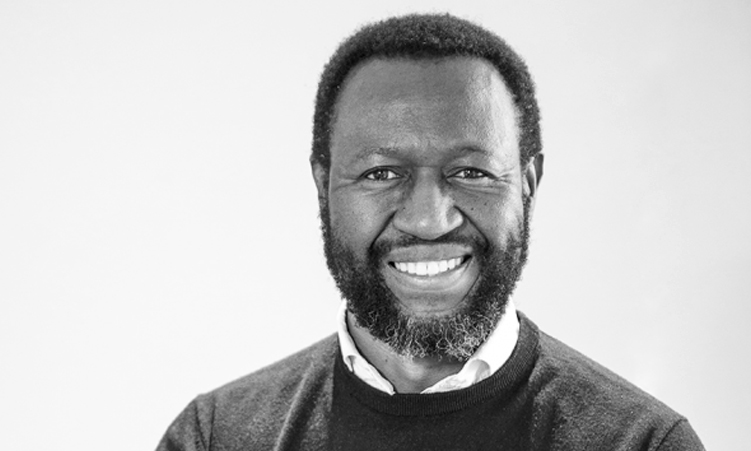A developing democracy only consolidates or matures when a dominant governing party or leader, following the inception of multiparty elections, loses power, accepts the loss, and goes peacefully into opposition.
Many countries in Africa, such as South Africa, Namibia, and Tanzania, have had multiparty elections, but governing parties and leaders remain firmly in power for years with no prospect of the opposition taking over.
This is because governing parties can manipulate the rules against opposition parties, or because opposition parties are not able to position themselves as credible alternative governments.
The role of opposition parties is critical in determining the level of accountability of governing parties and governments, the effectiveness of public service delivery, levels of development, and the extent to which corruption can be curbed.
The quality of opposition parties helps determine the overall quality of a country’s democracy.
HARSH LESSONS
Since Liberia became the first African country to become independent (on 26 July 1847), almost all African countries governed by parties and leaders that have been in power for long, uninterrupted periods have remained mired in poverty, joblessness, indebtedness, lawlessness, experienced civil wars, or become failed states.
Parties and leaders in power for long periods have little incentive to develop their countries, tackle corruption and reduce poverty.
Their supporters will always vote for them, whether based on their liberation struggle credentials, or ethnic solidarity, or because they think parties should be supported like football clubs no matter how they perform.
CRITICAL JUNCTURES
The only incentive for African governing parties to become accountable and deliver for the people is if they face the prospect of losing power.
It is critical that opposition parties be accepted by all citizens as part of democracy.
However, in South Africa, and many other African countries, other groups or parties in opposition are often wrongly regarded as the “enemy”.
This way of viewing politics undermines accountable, clean government and service delivery.
It is almost like supporters see their parties in the same way as they see football teams, supporting these teams through ‘thick and thin’, win or lose.
It is critical for civil society, citizens and academia to help strengthen the quality of opposition parties.
It is important that academics can provide advice to parties, which act within the ambit of the constitution, across the political spectrum to help prevent a football club supporting-like culture for political parties.
We need to avoid seeing help for one party as supporting that party and opposing other parties.
It is also critical that a culture is fostered that there are national interests, and that these are not specific to one party.
FOOTBALL FAN SYNDROME
Opposition parties provide alternative visions, policies and leaders.
They scrutinise government decisions, policies, and actions and exercise oversight over the executive and the public administration.
A democratic system is greatly undermined if the opposition does not offer credible alternatives to the governing party, is invisible in public debates, or does not have a public profile beyond elections.
Without opposition parties offering clear alternatives, a country is unable to have constructive debates on policy options, the country’s direction and the future.
In fact, the strength, effectiveness and quality of a democracy also largely depends on the efficiency, relevance and the ability of opposition parties to credibly show they are ready to govern.
For democracy to work for ordinary citizens, they must stop voting as if they are loyal supporters of football teams.
They must vote rationally, based on whether parties and leaders will govern competently, bring law and order, and clean up government.
Further, in consolidated or mature democracies, citizens vote against their own parties if they do not deliver.
Some also vote for parties they may not agree with to hold their ‘own’ parties accountable and to force them to deliver.
Sadly, in South Africa, for example, people still vote for parties as if they are football teams.
THE PAST IS ANOTHER COUNTRY
Or they vote for parties based on race solidarity or identity – the fact that the party and leaders share their colour, race, ideology, or a history.
Some voters continue to cast their ballots for parties and leaders based on their roles during the liberation struggle, not on current performance.
Yet others vote for parties based on the fact that they and their leaders are “black”, or come from the same village or community as them – identity or group-based or group-solidarity voting.
If this continues, parties and leaders elected in such a way will remain unaccountable, corrupt and incompetent.
State failure, joblessness, underdevelopment and lawlessness will continue because these leaders and parties have no incentive to deliver as voters will continue to vote for them based on the past, or racial solidarity, or group affiliation, no matter what they deliver. Or don’t.
- * William Gumede is founder and executive chairperson of the Democracy Works Foundation. He is the independent chairperson of negotiations to put together a multiparty coalition to contest South Africa’s 29 May general election; and co-chaired the recent South African Local Government Association dialogue to come up with a coalition legal framework and regulations for all spheres of government.
Stay informed with The Namibian – your source for credible journalism. Get in-depth reporting and opinions for
only N$85 a month. Invest in journalism, invest in democracy –
Subscribe Now!






